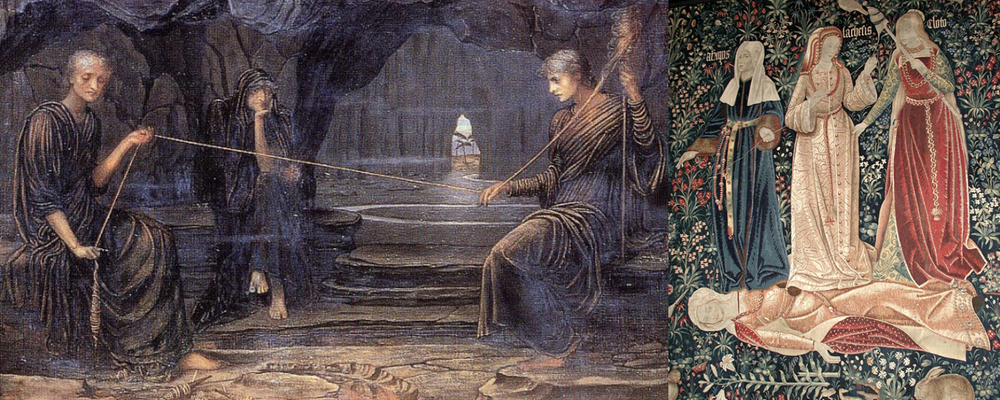
Nordic Law and Gender Conference 2023: Past-Present-Future
Welcome to the Nordic Law and Gender Conference 2023: Past-Present-Future. A Nordic international conference hosted by the Department of Law at the University of Gothenburg, October 25-27.
About the conference
The 2023 conference on the theme ‘Past-Present-Future’ aims to engage with not only the present and future challenges of law and gender in the Nordics but also to make the histories and legacies of law and gender in the Nordics matter in this process. The conference brings together legal scholars and practicians working in the fields of law, gender, and feminism broadly conceived. It seeks to situate the legal developments in the different Nordic countries in the context of a rapidly changing transnational, legal, social, political and economic landscape. The overall aim is to provide a legal, theoretical and critical basis for debates about past, present and future transformations of Nordic law.
Important dates
Call for papers, deadline August 1, 2023
Last day for registration Octoberber 1, 2023
The registration is now closed
Schedule
Organizing committee
Matilda Arvidsson
Moa Bladini
Wanna Svedberg Andersson
Eva-Maria Svensson
Registration
Deadline for registration is October 1, 2023. By registering to the conference you consent to processing of personal data by the University of Gothenburg. You can read more about processing of personal data below.
Processing personal data
The University of Gothenburg is responsible for all processing of personal data that takes place as part of the university's day-to-day activities. The university safeguards all information entrusted to us.
Practical information
The conference starts at 10 am, October 25th and ends at 2 pm, October 27th.
Below you find contact information to accommodation with special conference prices.
Elite Park Hotel
Use this link to make a reservation with special conference price, Law and Gender Conference
Hotel Poseidon
Make a reservation via e-mail info@hotelposeidon.com. Use the reference 233066 or ”Nordic Law and Gender conference” to get the special conference price.
Conference publication opportunities
Conference participants are encouraged to submit their papers in the form of articles to the Nordic critical legal journals which have expressed their interest in receiving submissions from the conference. The journals include:
- The Nordic Journal on Law and Society (NJOLAS) https://journals.ub.umu.se/index.php/njolas/index
About the Journal: NJOLAS is a peer-reviewed open access journal that publishes critical and interdisciplinary socio-legal scholarship of particular relevance for the Nordic region (Denmark, Finland, Iceland, Norway, Sweden, and political and geographic entities including the Faroe Islands, Greenland, Sápmi and Åland). Its aim is to provide an intellectual space and meeting-place for critical and socio-legal scholars and to develop critical approaches to law and society in its broadest sense, for example from feminist, intersectional, post-colonial, critical race, historical, socio-economic and everyday life perspectives. The journal welcomes a variety of approaches and scholarship such as theoretical papers, results of empirical studies, methodological work, reviews and work dedicated to didactics in legal education. The publishing language is English. - Retfaerd https://www.retfaerd.se
About the journal: The articles published in Retfærd analyse law and justice from a theoretical and practical point of view on the basis of not only jurisprudence, but also sociology, criminology, political science, history, philosophy, economics, ecology, anthropology, feminism and other sciences. The journal therefore contributes to the interdisciplinarity of legal scholarship in a way that not only unveils relations of dominance in the law, but also focuses on critical legal science as an emancipatory endeavour. For these reasons, Retfærd publishes articles that examine law in broader context and challenge prevailing views on the law. In addition to articles, the journal occasionally publishes essays and debating points, which seek to place new themes on the scientific agenda or comment on others from a critical perspective. The journal also regularly publishes regularly short book reviews and review-articles.